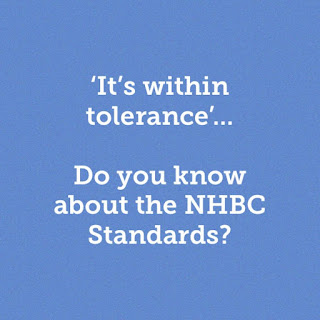Tips for understanding your lease
As a first time buyer, it was daunting to receive the lease and contract from the solicitor as there was so much legal terminology and a lot of pages to read! Needless to say, hubby and I procrastinated before we read the documents. We knew it was important to read them but just didn’t know where to start.
A colleague recommended LEASE (The Leasehold Advisory Service) to us and we found it very useful! They are an independent body who provide free advice on residential leasehold law. They also advise on fire safety to leaseholders in high-rise buildings. They have lots of useful guides on their website.
The first time we used them was when we were trying to buy the previous property but were facing issues with cladding. We booked a telephone appointment with them to ask our queries. It was great that we could speak to an adviser for free on fire safety at a time when we needed to hear the perspective of someone who wasn’t involved in our property transaction.
When we were buying our current home, we used the “Understanding your lease” section of their website. The reason they created the guide was to help buyers understand what they are buying and to help them avoid the problems other leaseholders had previously reached out to LEASE for help on.
The guide covers the following areas of a lease:
2. The property
4. Regulations
6. Access
I found it easier to read our lease after reading the guidance as it helped me focus on specific areas.
What I found really great was there’s a “Understanding Your Lease” quiz. After I read our lease, I completed the 22 questions in the quiz and identified which areas I needed to follow up on and questions to ask my solicitor. Leases aren’t all the same so it doesn’t cover everything but is a good starting point.
I also read the following guides:
· A guide to service charges, administration charges, ground rent, recognised tenants associations and forfeiture.
There is also a handy glossary!
What we checked in our lease:
· Our names and addresses
· Property details
· Property price
· Ground rent
· Lease plan matches what we saw at the viewing and the marketing materials
· The Building definition had the correct address
· That we had copies of all the documents the lease referred to (e.g. head lease, lease plans)
· Our rights to sell the property in the future and if there are any restrictions
· Landlord Company number
· Areas raised in the LEASE guide above
I would strongly recommend reviewing the lease carefully as we spotted errors in my name and address! Also, the company number for the Landlord was incorrect. I spotted this after checking it against Companies House.
What we asked our solicitor after reading our lease:
· The difference between joint tenant and tenants in common
· Explanation in layman terms any clauses that we didn’t understand
· To highlight any non-standard terms or anything noteworthy to us
· To send across the HM Land Registry official copy of title plan and official copy of register of title
· Whether we could extend the lease in the future
· Where the reserve fund is mentioned in the lease
· To ask the developer about the defects period/rectification period
· Whether there are any other hidden fees
· Name of the management company
· Certain clauses were requested by our solicitor to be removed from the lease but the developer refused so we asked what the consequences were for us
· Some clauses were taken out in a later version of the lease by the developer’s solicitor, so we checked there were no issues
· Any questions we had over the enquiries our solicitor raised to the developer’s solicitor so we understood why they were being asked and how it impacts us
This is just our list of queries and so it is not a complete list of all the things that could be asked but thought it would be food for thought for others!
Good luck with your purchase!
Jess





Comments
Post a Comment